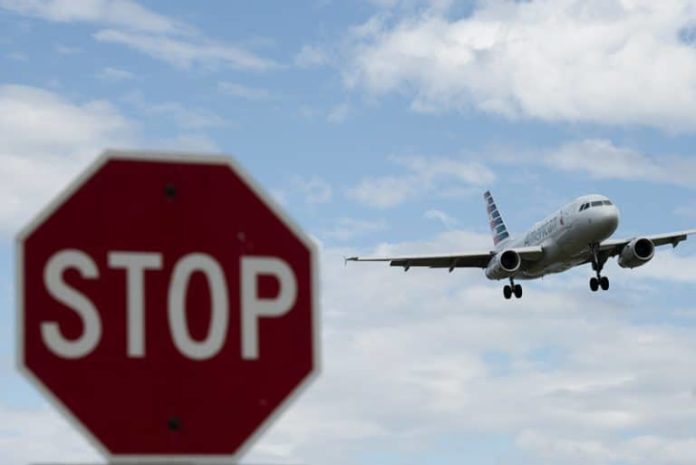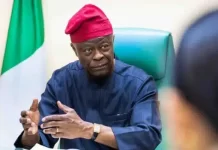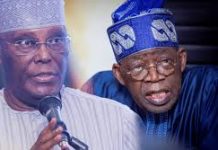Several Nigerian politicians have been banned or barred from entering other countries at different times due to various reasons, ranging from allegations of corruption to concerns about human rights violations.
Nigerian politicians have faced travel restrictions or bans from various countries, particularly Western nations like the United States and the United Kingdom, due to allegations of corruption, human rights abuses, or undermining democratic processes.
These restrictions serve as a means of holding political figures accountable for their actions while in office.
Such measures highlight the global community’s stance on governance, democracy, and the rule of law.
Below are a few prominent examples:
- Nasir El-Rufai (Former Governor of Kaduna State)
Nasir El-Rufai, a former governor of Kaduna State and former minister of the Federal Capital Territory (FCT), was reportedly banned from entering the United States in 2019.
This was related to allegations of human rights abuses and his controversial handling of security issues during his tenure as governor.
The U.S. imposed visa restrictions on some Nigerian officials who were believed to be responsible for undermining democratic processes or committing human rights abuses.
- Diepreye Alamieyeseigha (Former Governor of Bayelsa State)
Diepreye Alamieyeseigha, the former governor of Bayelsa State, was banned from entering the United States after he was convicted of money laundering and other corruption-related offenses.
Alamieyeseigha, who famously jumped bail in the UK by disguising himself as a woman, faced travel restrictions to several countries due to his involvement in financial crimes.
- James Ibori (Former Governor of Delta State)
James Ibori, the former governor of Delta State, was banned from entering several countries, including the United Kingdom, following his conviction on corruption and money laundering charges.
Ibori was arrested in Dubai and later extradited to the UK, where he was sentenced to prison for 13 years.
His criminal activities led to restrictions on his travel to various countries.
- Ahmed Sani Yerima (Former Governor of Zamfara State)
Ahmed Sani Yerima, the former governor of Zamfara State and a senator, was reportedly banned from entering the United States due to his role in the introduction of Sharia law in Zamfara.
The U.S. government expressed concerns over human rights abuses, particularly in relation to the harsh punishments under the Sharia legal system.
- Rotimi Amaechi (Former Minister of Transportation)
Rotimi Amaechi, former minister of transportation and former governor of Rivers State, was rumored to have faced travel restrictions by the United States due to allegations of corruption.
Although specific details of a formal ban are often unclear, various media reports over the years suggested that he, along with other Nigerian officials, was on a list of individuals facing visa restrictions for corruption-related offenses.
- Mohammed Abacha (Son of Former Head of State, Sani Abacha)
Mohammed Abacha, the son of Nigeria’s former military head of state, Sani Abacha, faced travel bans and asset freezes by several countries, including the United States and Switzerland, due to his involvement in the massive looting of Nigeria’s treasury during his father’s regime.
The younger Abacha was implicated in various financial crimes and barred from entering several countries.
- Abubakar Atiku (Former Vice President)
Atiku Abubakar, Nigeria’s former vice president, was barred from entering the United States for many years due to corruption allegations. His name came up in a bribery scandal involving U.S. Congressman William Jefferson, which led to Atiku facing visa restrictions.
However, Atiku eventually traveled to the U.S. in 2019 ahead of the presidential election, indicating that the restrictions may have been lifted.












































